Turiyame vadivaagi thooveLi
Yaada ranga madhaginoan;
Kariyadhai chagam ezhod andam
Kalandhu nindra kalapilan.
Word meaning
Turiyam = 4th state (after waking, sleeping, dreaming); vadivu = shape, form; thooveLi = pure space; aada arangam = dance/play stage; adhu aaginoan = (he) became that; ariyadhai = rare; chagam (jagam) = world; ezhu = seven; andam = universe; kalandhu = mix, mingle, fuse; kalapu ilan = without flaw.
Meaning
Our Ramana is the form of Turiya state, he is the stage on which the Pure Space of divinity plays. Even though he is fused with the seven worlds and the universes, he remains blemishless.
There are 14 lokas (worlds) according to Hinduism, seven above the earth and seven below. Above are satya loka, tapa loka, jana loka, mahar loka, svar loka, bhuvar loka, bhur loka which are above the earth and seven others below, which are, atala loka, vitala loka, sutala loka, talatala loka, mahatala loka, rasatala loka and patala loka.
In Guru Vachaka Kovai we see in verse 20:
When viewed from the standpoint of the eternally self-existent Cause, even the three, seven or twenty-one worlds will appear to be real. But when one sees only the names and forms of the world as real, then even Brahman, their cause, will appear will appear to be absolutely non-existent or void [sunya].
Turiya is explained clearly in Ellam Ondre (one of the books recommended by Bhagavan) Chapter 2 verse 6:
If you ask what that is, it is called turiya, which means the fourth state. Why is this name used? This name is proper because it seems to say the three states of your experience-waking, dream and deep sleep-are foreign to you and your true state is the fourth, which is different from these three. Should the three states, waking, dream and deep sleep, be taken to form one long dream, the fourth state represents the waking from this dream. Thus it is more withdrawn than deep sleep, also more wakeful than the waking state.
(Ch 2 Verse 9)
There is nothing beyond this state. The words, ‘inward’ and ‘outward’ have no meaning for him. All is one. His body, speech and mind cannot function selfishly. Their workings will be grace for the good of all. The fragmentary “I” is lost forever. His ego can never revive. Therefore he is
said to be liberated here and now. He does not live because his body
lives, nor does he die because his body dies. He is eternal. There is
nothing other than he. You are He.
From above verses we can see that Bhagavan was and is the form of Turiya.
Yaada ranga madhaginoan;
Kariyadhai chagam ezhod andam
Kalandhu nindra kalapilan.
Word meaning
Turiyam = 4th state (after waking, sleeping, dreaming); vadivu = shape, form; thooveLi = pure space; aada arangam = dance/play stage; adhu aaginoan = (he) became that; ariyadhai = rare; chagam (jagam) = world; ezhu = seven; andam = universe; kalandhu = mix, mingle, fuse; kalapu ilan = without flaw.
Meaning
Our Ramana is the form of Turiya state, he is the stage on which the Pure Space of divinity plays. Even though he is fused with the seven worlds and the universes, he remains blemishless.
There are 14 lokas (worlds) according to Hinduism, seven above the earth and seven below. Above are satya loka, tapa loka, jana loka, mahar loka, svar loka, bhuvar loka, bhur loka which are above the earth and seven others below, which are, atala loka, vitala loka, sutala loka, talatala loka, mahatala loka, rasatala loka and patala loka.
In Guru Vachaka Kovai we see in verse 20:
When viewed from the standpoint of the eternally self-existent Cause, even the three, seven or twenty-one worlds will appear to be real. But when one sees only the names and forms of the world as real, then even Brahman, their cause, will appear will appear to be absolutely non-existent or void [sunya].
Turiya is explained clearly in Ellam Ondre (one of the books recommended by Bhagavan) Chapter 2 verse 6:
If you ask what that is, it is called turiya, which means the fourth state. Why is this name used? This name is proper because it seems to say the three states of your experience-waking, dream and deep sleep-are foreign to you and your true state is the fourth, which is different from these three. Should the three states, waking, dream and deep sleep, be taken to form one long dream, the fourth state represents the waking from this dream. Thus it is more withdrawn than deep sleep, also more wakeful than the waking state.
(Ch 2 Verse 9)
There is nothing beyond this state. The words, ‘inward’ and ‘outward’ have no meaning for him. All is one. His body, speech and mind cannot function selfishly. Their workings will be grace for the good of all. The fragmentary “I” is lost forever. His ego can never revive. Therefore he is
said to be liberated here and now. He does not live because his body
lives, nor does he die because his body dies. He is eternal. There is
nothing other than he. You are He.
From above verses we can see that Bhagavan was and is the form of Turiya.

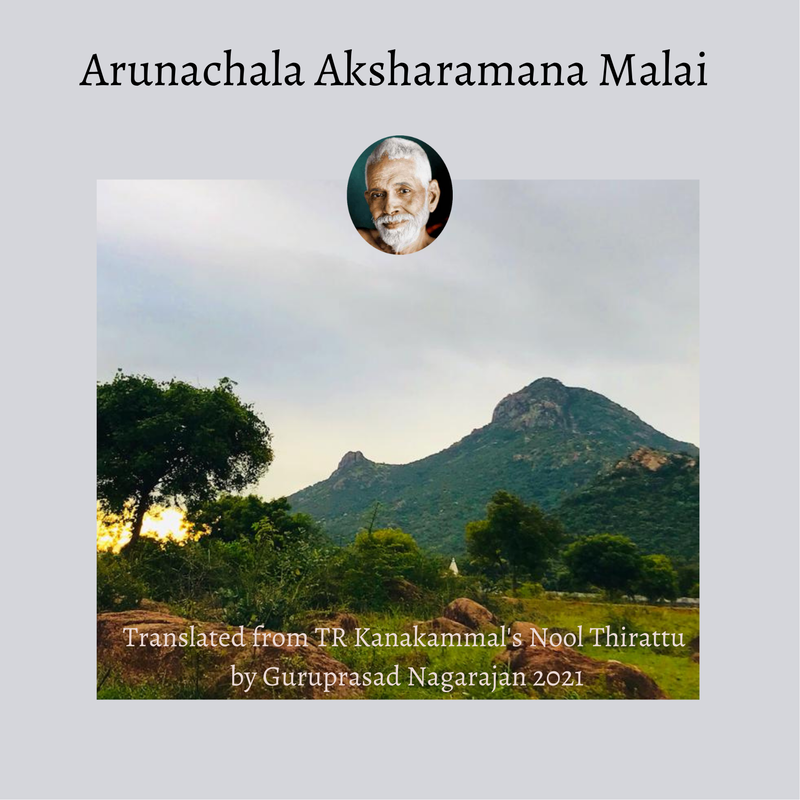
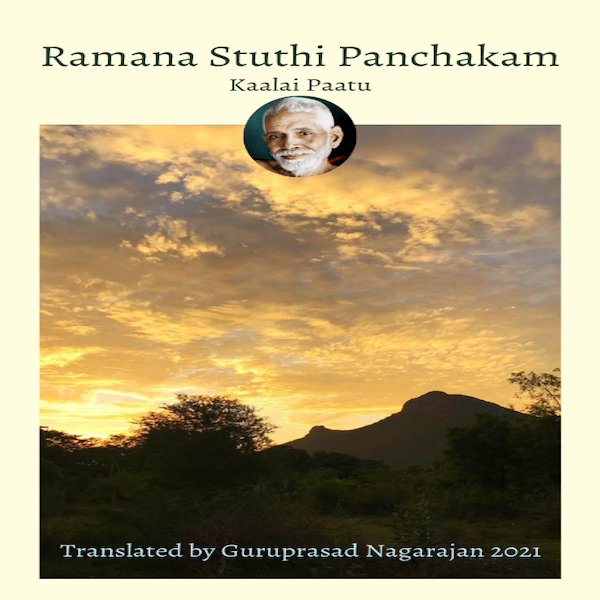
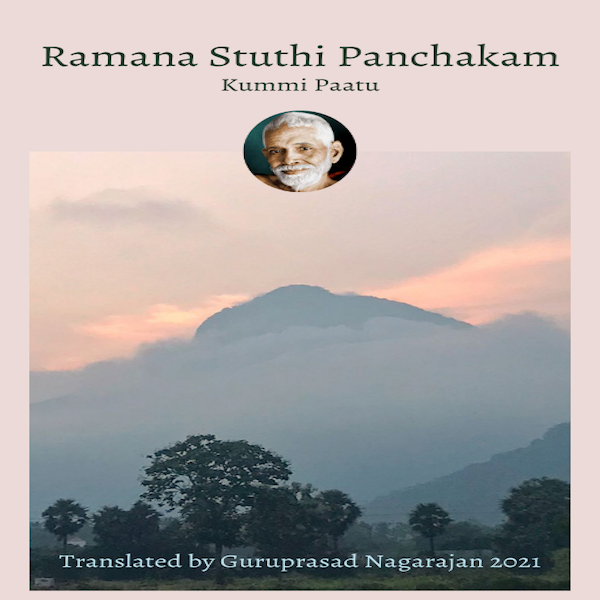
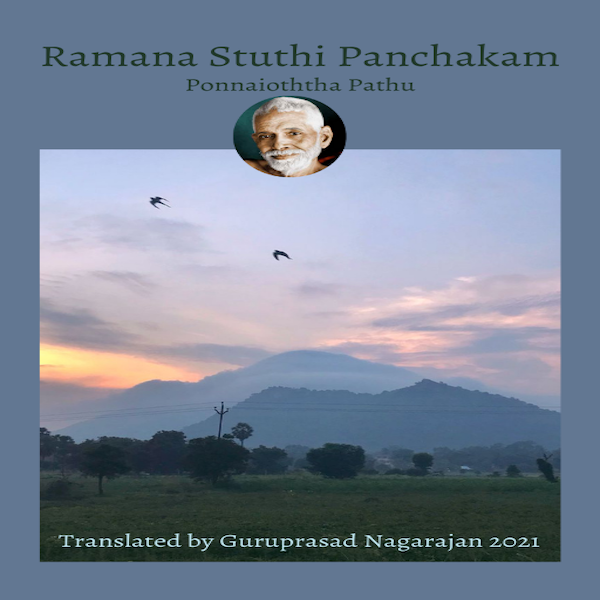
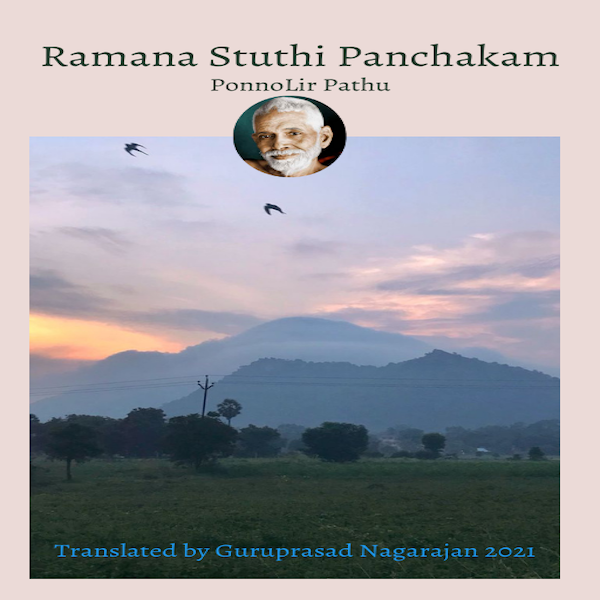
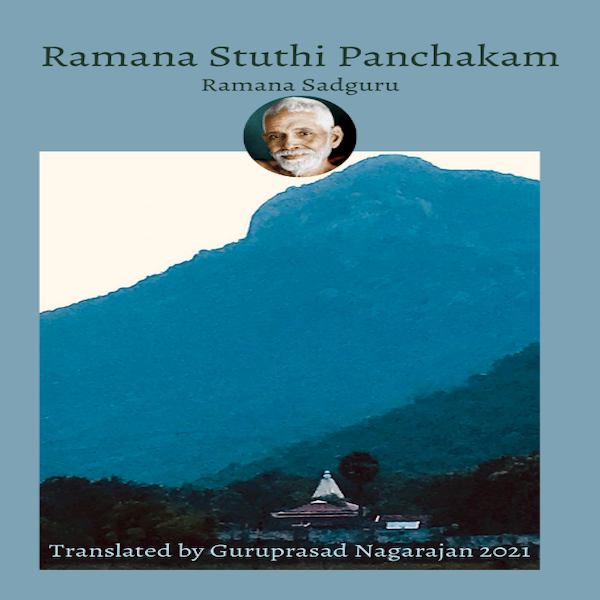
 RSS Feed
RSS Feed